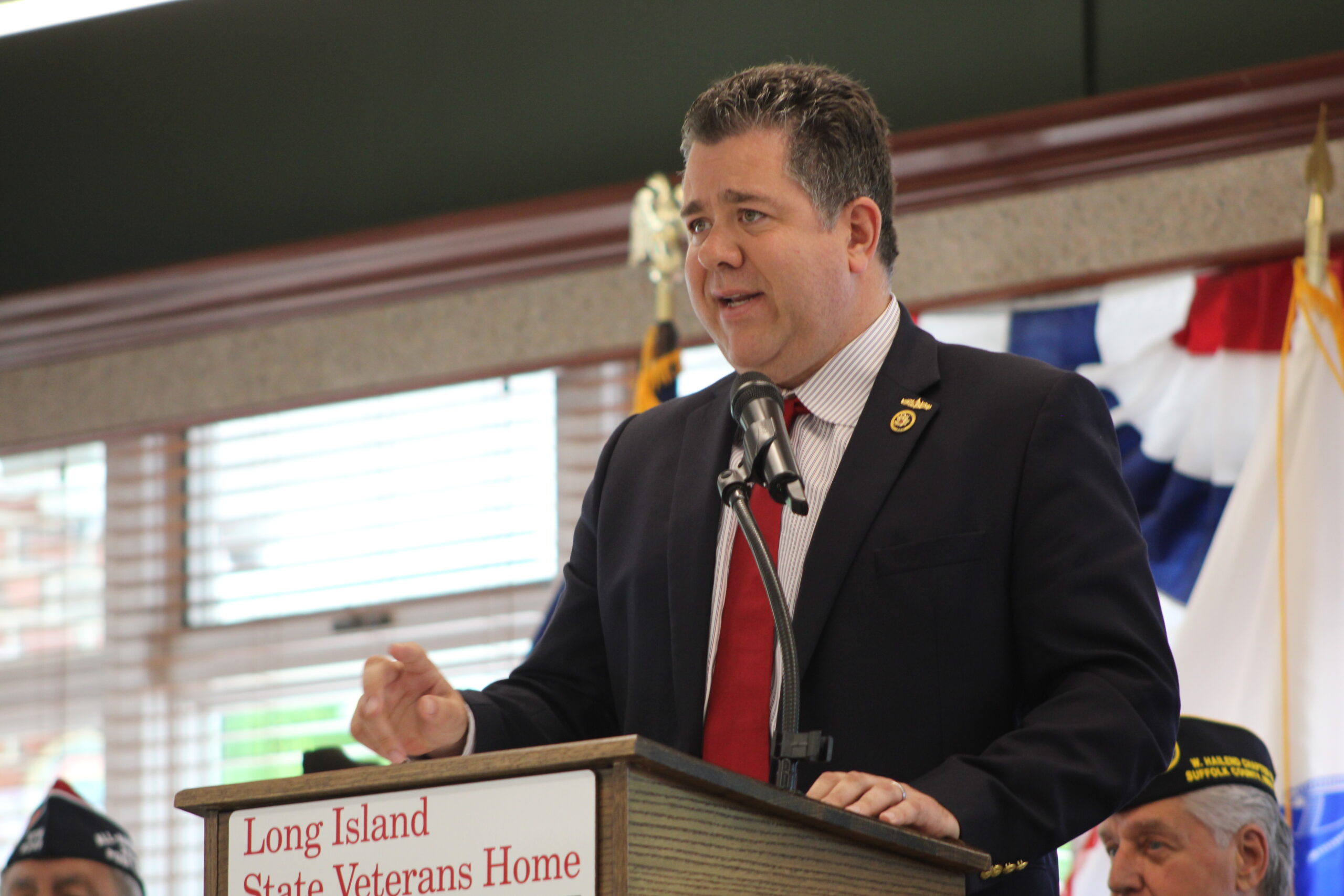
Long Island families struggling under the weight of high property taxes may soon see long-awaited relief thanks to a provision championed by Congressman Nick LaLota (R-Amityville).
On May 22, 2025, LaLota announced that his proposal to significantly expand the State and Local Tax (SALT) deduction cap was successfully included in the House-passed version of the One Big Beautiful Bill. The measure now awaits action in the Senate and, if enacted, could deliver substantial federal tax savings to most Suffolk County residents.
Under LaLota’s negotiated provision, the SALT deduction cap would rise from $10,000 to $40,000 for households under $500,000. Both the cap and income threshold would be indexed to inflation annually—reaching approximately $44,000 and $552,000 within ten years. The expansion is projected to benefit 92% of LaLota’s constituents, many of whom have faced disproportionate tax burdens due to New York’s high property taxes and the rigid federal SALT cap established in 2017.
“For too long, Suffolk County’s middle class has been punished by double taxation,” LaLota said. “That ends now.”
The original $10,000 cap, enacted as part of the 2017 federal tax reform law, was intended to limit federal subsidies for high-tax states. However, in counties like Suffolk and Nassau—where median property tax bills often exceed $12,000—it penalized middle-class families who were neither wealthy nor living lavishly but simply residing in high-cost areas.
According to the Tax Foundation, only 16.3% of taxpayers in New York’s First Congressional District currently claim a SALT deduction, a figure that reflects the inadequacy of the $10,000 cap and the high average tax burden in the region. LaLota’s provision would broaden eligibility significantly, covering households with property tax bills as high as $40,000, provided their income falls within the adjusted threshold.
The new SALT language is expected to deliver up to $8,000 in annual savings for qualifying families starting with the 2026 tax year.
What makes this moment especially notable is how LaLota arrived at this outcome. Over the past two years, he consistently pushed back against proposals he viewed as insufficient—including a $30,000 cap floated earlier in 2025 that lacked indexing and would have reset to $10,000 after a decade. That plan was projected to cost $225 billion over ten years. In contrast, LaLota’s version totals $344 billion but covers more people and ensures the relief grows with inflation.
“This wasn’t about slogans. It was about getting it right,” LaLota said. “I stood firm. I refused to settle.”
LaLota also pointed out that Democrats—who controlled Congress and the White House in 2021 and 2022—had the opportunity to fix the SALT cap and failed to act.
“In 2021 and 2022, Democrats broke their promise to fix SALT. In 2024, when the Smith/Wyden tax plan ignored it again, I voted no.”
His record reflects that position. Since joining Congress in 2023, LaLota has cosponsored multiple SALT reform bills, met with President Trump and House leadership, and forced floor votes to restore or expand the deduction. He also introduced the SALT Fairness and Deficit Reduction Act and the SALT Marriage Penalty Elimination Act, both aimed at expanding the benefit while improving equity.
The most recent success is the culmination of over two dozen meetings with key stakeholders—including Speaker Mike Johnson, House Ways and Means Chairman Jason Smith, and members of the SALT Caucus—since the start of 2025. According to LaLota, Speaker Johnson and Conference Chair Elise Stefanik were instrumental in finalizing the deal.
Now, all eyes turn to the Senate, where the provision will be debated and potentially amended. If passed without changes and signed by the president, the new SALT cap would take effect for the 2026 tax year, giving families time to plan and adjust.
While LaLota acknowledges that the reform won’t fix New York’s underlying tax problem—driven by a state budget that outpaces inflation and drives residents to lower-tax states—he maintains that the federal tax code shouldn’t add insult to injury.
“This is a major win for Long Island,” LaLota said. “But we’re not done. I’ll keep fighting until this becomes law. I came to Washington to fight for Suffolk County families—not to play politics.”
For those wondering whether federal lawmakers can still deliver results for ordinary taxpayers, this latest development suggests that, at least in LaLota’s case, the answer is yes.